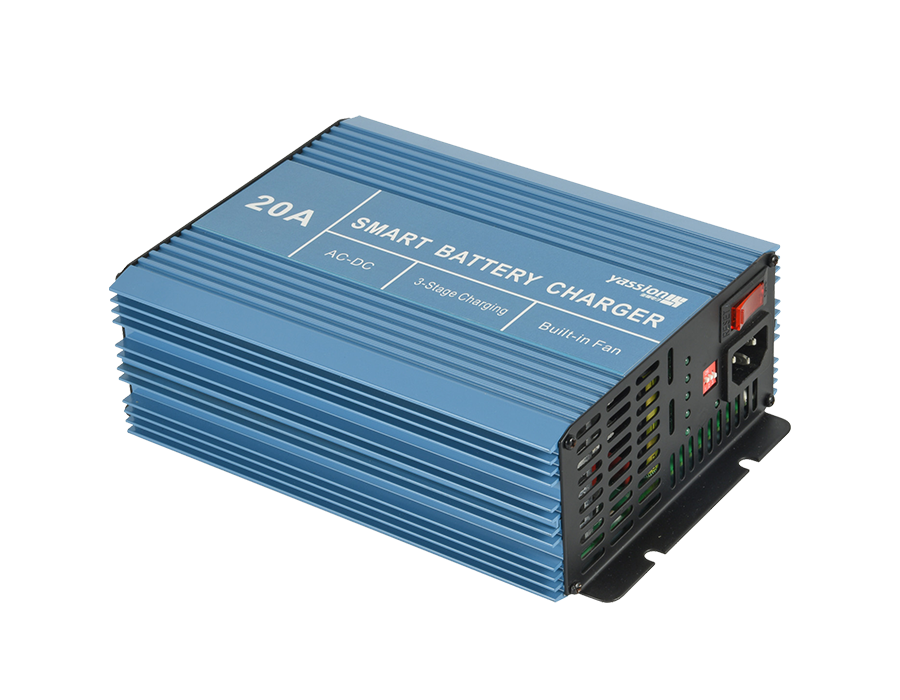Battery chargers play a vital role in our increasingly mobile and device-dependent lives. They provide a convenient and efficient way to recharge the batteries of our smartphones, tablets, laptops, cameras, and other electronic devices.
Types of Battery Chargers
Battery chargers come in various types, each designed for specific battery chemistries and charging requirements.
USB Chargers:
USB chargers are widely used for charging smartphones, tablets, and other portable devices. They utilize a USB port for connection and are compatible with various devices that can be charged via USB.
Wall Chargers:
Wall chargers are designed to be plugged directly into a wall socket. They often feature interchangeable plugs to accommodate different power outlets and can provide higher charging speeds compared to USB chargers.
Car Chargers:
Car chargers are specifically designed for charging devices while on the go. They are plugged into the 12-volt accessory socket (cigarette lighter) in a vehicle and provide a convenient power source during travel.
Wireless Chargers:
Wireless chargers use induction technology to charge compatible devices without the need for cables. They offer a hassle-free charging experience and are commonly used for smartphones and smartwatches that support wireless charging.
Benefits of Battery Chargers
Battery chargers offer several advantages that make them essential accessories for our electronic devices.
Convenience and Mobility:
Battery chargers provide the convenience of charging devices at any location with access to a power source. They enable mobile charging, allowing users to stay connected and powered up while on the move.
Fast and Efficient Charging:
Modern battery chargers are designed to provide fast and efficient charging, reducing downtime for your devices. They incorporate advanced charging technologies and intelligent circuitry to optimize charging speed and protect the battery's health.
Versatility:
Battery chargers are versatile and compatible with a wide range of devices. They support multiple device types, battery chemistries, and charging protocols, making them suitable for various electronics in your daily life.
Overcharge Protection:
Many battery chargers feature built-in overcharge protection mechanisms. These safety features prevent overcharging, which can damage the battery and reduce its lifespan. They provide peace of mind and help prolong the battery's longevity.
Considerations for Choosing a Battery Charger
When selecting a battery charger, it's essential to consider specific factors to ensure compatibility and optimal performance.
Device Compatibility:
Choose a charger that is compatible with your device's battery chemistry and charging requirements. Some chargers are designed specifically for certain devices or brands, so ensure compatibility before making a purchase.
Charging Speed:
Consider the charging speed offered by the charger. Look for chargers that support fast charging technologies like Quick Charge or Power Delivery for quicker charging times.
Portability and Design:
If you require a charger for travel or on-the-go use, consider its size, weight, and portability. Compact and lightweight chargers are more convenient to carry.
Safety Features:


 English
English 中文简体
中文简体 Español
Español















